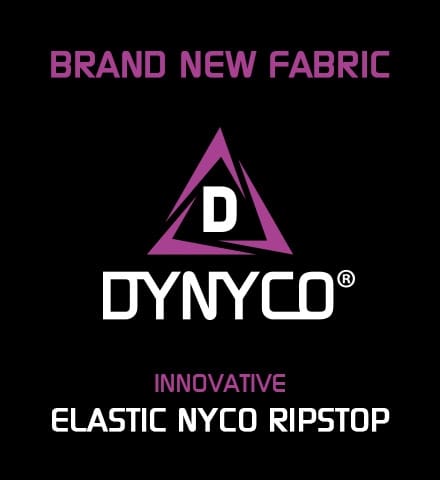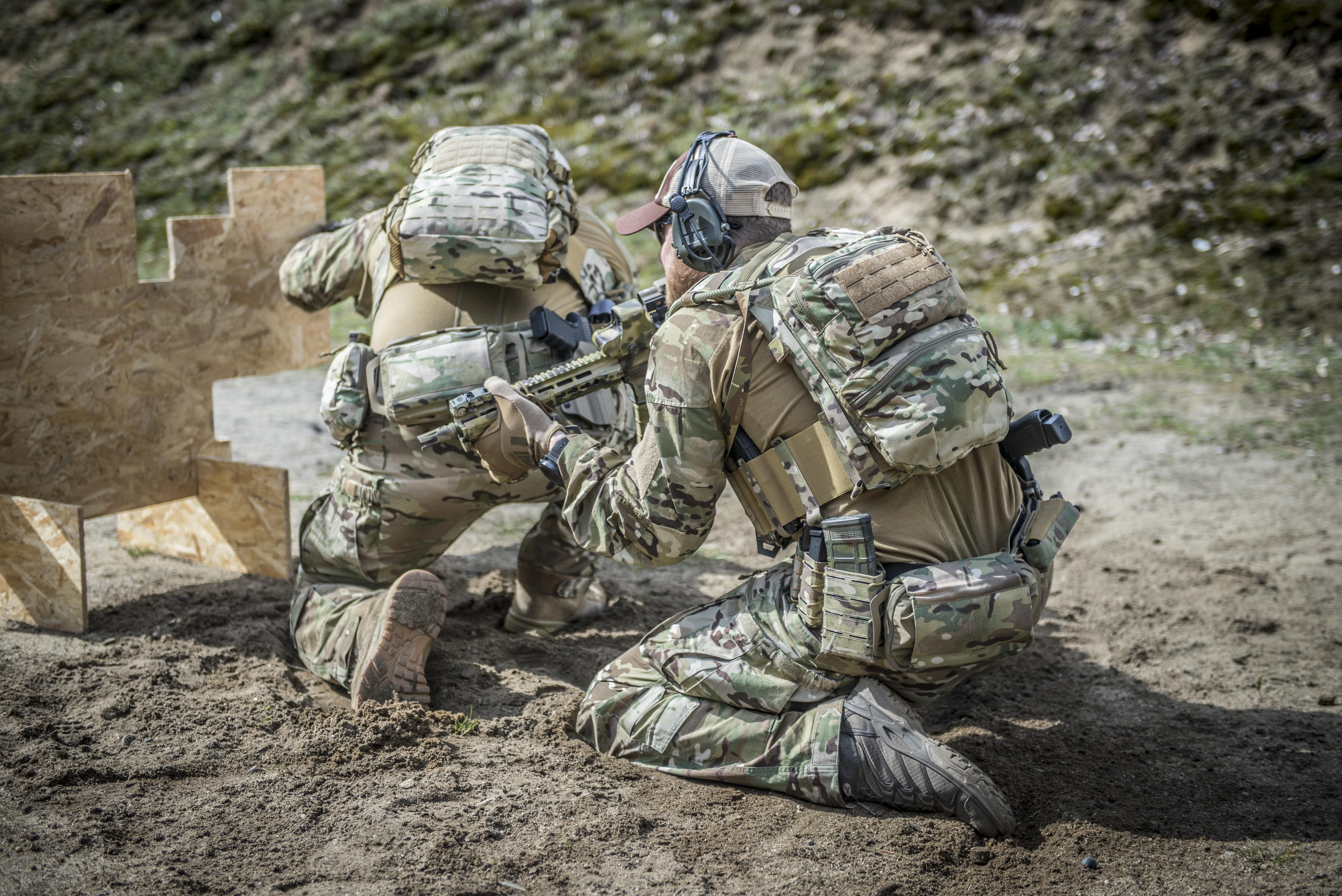There’s no closer thing to a soldier’s body than his uniform. It’s like a second skin and one may use it for a couple of days or even weeks in a row without washing or taking it off. It protects from the cold and the Sun, from rain as well as wind and snow. What may be the most important though – it makes one less exposed to enemy sight.

Versatile design, cleverly placed pockets and overall fit are truly significant when talking about the uniforms specifics. One cannot place too much emphasis on the fabrics used to produce this piece of gear though. The fabric is the foundation of all other advantages of any uniform.
Speaking of the fabric, there’s only one that meets the expectations of the modern army – NYCO.
What is NYCO?
Briefly speaking NYCO is a combination of Nylon and Cotton. The name tells it all – “NY” came from Nylon and “CO” from Cotton.
NYCO was presented and proved its usability for the very first time in the era of M-65 uniforms. They were made for US Army and gained good feedback fast.
The yarn used to produce NYCO fabric is made of 150 single cotton fibers braided in a special mechanical process with 150 single nylon fibers. After braiding, the yarn is washed and weaved to receive the final product – NYCO fabric. The characteristic Rip-Stop weave is actually a double-braided nylon-cotton fiber. It makes the whole construction of the material more resistant to tearing.
What’s worth noting, though the NYCO fabric had such good ratings in soldiers’ opinions, it took some time until it was used again to produce uniforms. After years of testing different solutions, like a Cotton Twill fabric used in BDU M81 Woodland US uniforms, NYCO Rip-stop was presented once again in 1996 when Enhanced Hot Weather Battle Dress Uniform (EHWBDU) was introduced.
From this time on, NYCO Rip-Stop finally became a standard fabric used to produce US army uniforms. That doesn’t mean though that different producers weren’t trying to improve it. Here is how Direct Action came with an idea of DyNyCo.

DyNyCo – a Direct Action approach to improve NYCO Rip-stop
When on a mission a soldier has to focus on his orders and task. The gear he uses should be possibly easy to use and the uniform he’s wearing should be unnoticeable when he’s moving around. To achieve the latter, Direct Action decided to improve the elasticity of the original NYCO fabric. That’s how they came with a vision of DyNyCo – a “Dynamic” NYCO fabric.
To increase elasticity, without sacrificing much of the values of original NYCO fabric, Direct Action decided to add 3% of Elastane fabric to the whole blend. By joining together 49% Nylon, 48% Cotton and 3% Elastane they received a fabric that’s both durable and breathable as well as elastic enough to guarantee a greater comfort of movement.
From now on, DyNyCo fabric will be used to produce new Direct Action uniforms and combat garments.
For more information visit: bit.ly/30umRJ7


So the M65 was made from NYCO? I hadn’t realized there was cotton.
Coming from a wet climate Cotton was always avoided but i’ve never had any complaints from the old M65 jacket.
The M81 BDU was made with 50/50 NyCo twill – not cotton twill.
Toward the end of the BDU’s reign, both twill & ripstop (both NyCo) were issued (2 of each cloth type issued to each soldier).
It was found the NyCo twill would last longer than the dyes coloring it, as I got dinged for one of my uniforms being faded beyond acceptance (nothing else wrong with the uniform)